Spooky season is nearly upon us which means we might be spotting more spiders in our homes, ruining our cosy autumnal vibes.
It’s that time of year again when you might get a fright as an eight-legged beast darts across the floor or you find one lurking in the bathtub.
Although we are lucky none of our native arachnids are dangerous, they are still unwanted guests and finding one in your home can be distressing for some.
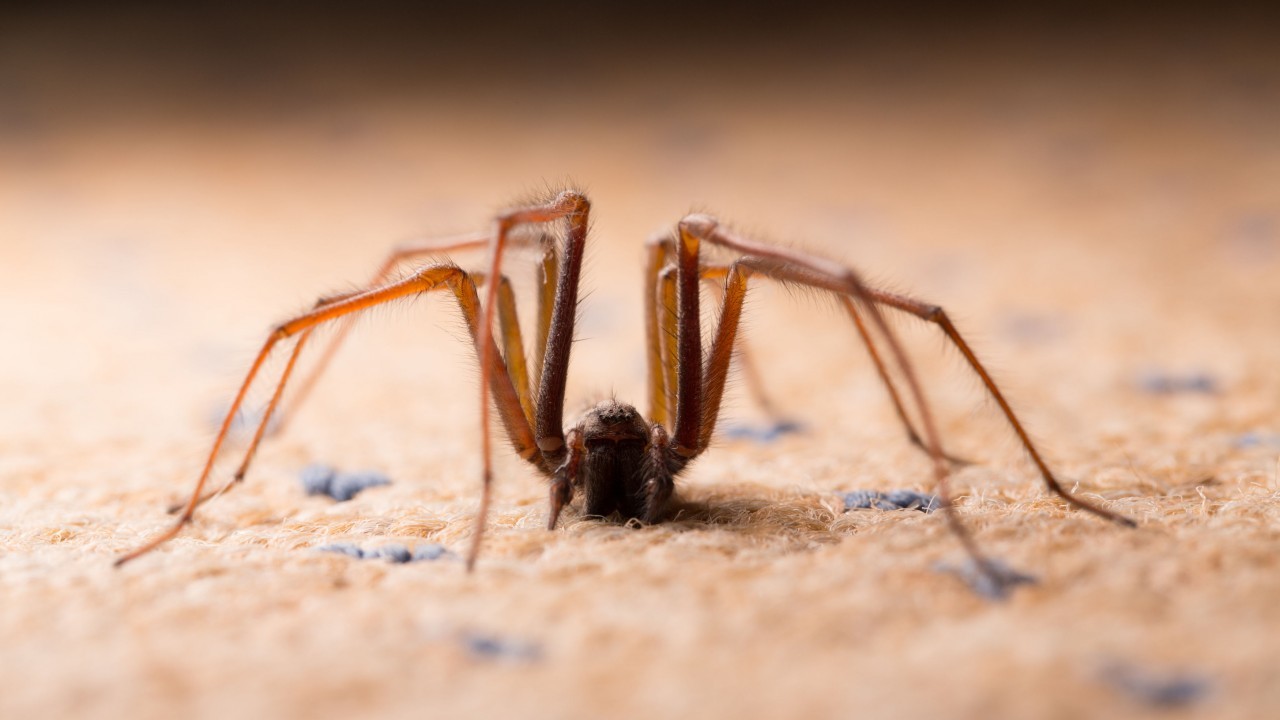
Why are there more spiders around this time of year?
Entomologist and senior lecturer at Aberdeen University, John Baird, explained that we actually have spiders in our homes all the time.
They are normally tucked away in the cooler damper places which is why we don’t generally see them.
He said: “One of the big things about smaller organisms is they can’t control their temperature or their moisture, so they stay in places away from us and also somewhere where they can get food.
“You might find spiders in the attic or if you’ve got a basement you could get them in there. You might find them at the back of your toilet of course.”
According to Mr Baird, the spiders that we see in our homes at the moment are male house spiders or giant house spiders who are roaming around looking for a mate.
Autumn is mating season for spiders and when the cooler temperatures come in over winter they will stop being so active once more.
He explained that spiders can survive perfectly well in the colder temperatures and warned they do not simply “go away”. The spiders will be less active to conserve their energy for spring when they can eat more insects again.
Should we be worried about spiders?
According to Mr Baird, spiders are not a threat we should be worried about.
Although they do get reports of puncture wounds there aren’t many species in the UK can can even puncture our skin.
He reassured: “They’re made for eating very small insects compared to us, our skins made of pretty tough stuff.”
Even if a spider managed to release any venom it would not be enough to cause any harm.
Mr Baird also said that spiders do not typically lay their eggs in mammals.
The entomologist explained that mites, which are similar to spiders but much smaller, do lay their eggs in the flesh of mammals.
He believes the common myth that spiders crawl into our mouths while we are sleeping is “nonsense”.
“Why would they crawl into your mouth just to get eaten?” he said. “I know they’re not super smart but they know how to defend themselves.
“Also, if they wanted to climb into your ear, you’d have to be pretty sound asleep, you don’t need very much sensory information around your ear for it to disturb you.”
According to Mr Baird, our earwax is somewhat insecticidal which means that our body has its own defence mechanisms against insects.
He added: “I think it could happen, but definitely not something for people to worry about.”
Mr Baird reassured that the only time there is really any threat is if spiders are brought in with machinery from parts of the world where spiders are dangerous to humans.
Can we deter spiders in any way?
Some readers suggested their own tactics for keeping spiders at bay.
One person wrote: “My mum puts conkers in the corners of each room and it actually works.”
Another person claimed they put conkers on their windowsills and they don’t seem to get spiders now either.
One reader wrote: “Water, lemon juice and peppermint mixture, spray all over the windows and door frames in and out. Thank me later.”
Mr Baird explained that keeping windows closed may prevent them from coming in.
However, he mentioned that houses aren’t as well-sealed as we think and they will still manage to find their way in.
He said: “I would say people shouldn’t be afraid of spiders. I like spiders in my house, my wife likes them, they’re not dangerous and we like to see them.
“I find them quite cute and they eat many of the things we may think of as pests or quite annoying.
“It would be different if they were dangerous, but they’re not.”
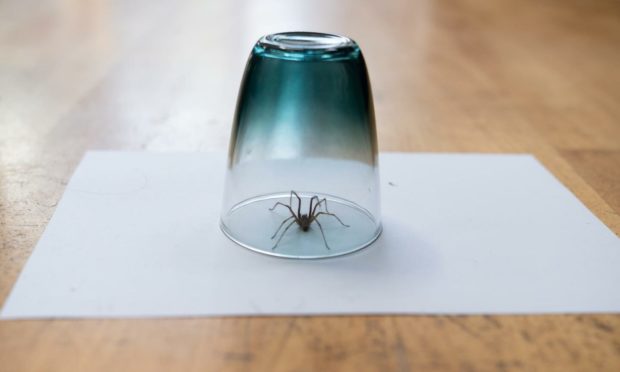
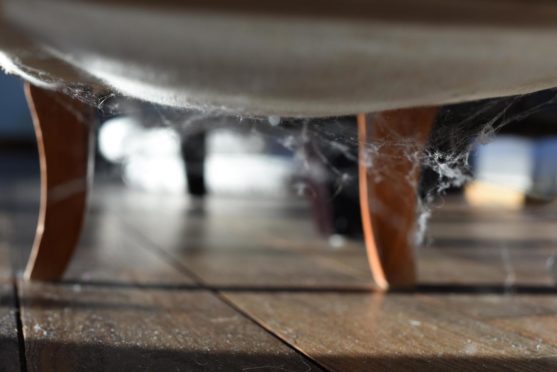
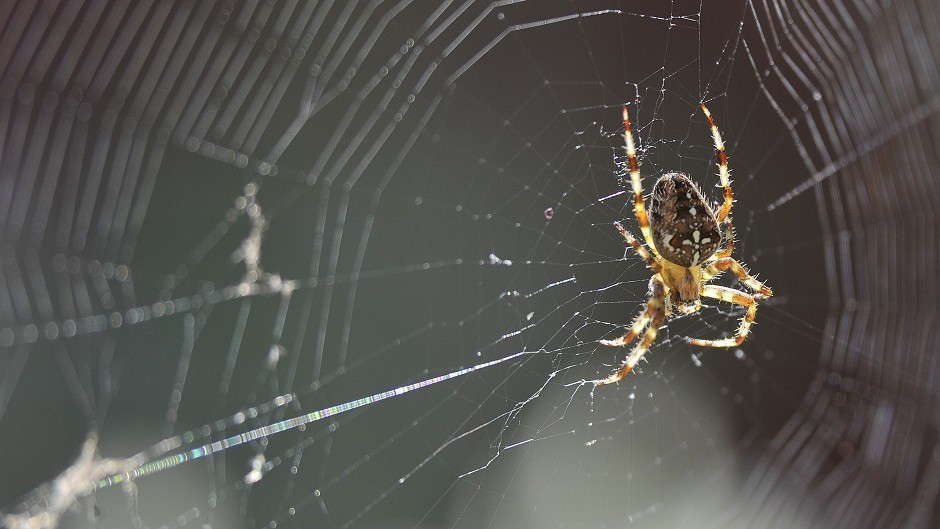
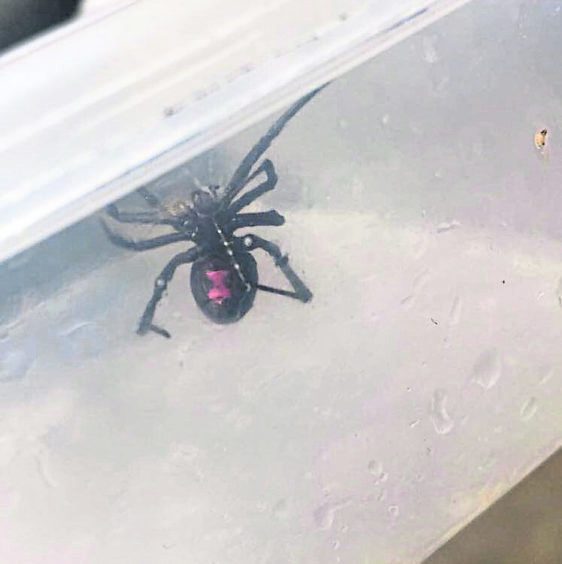

Conversation